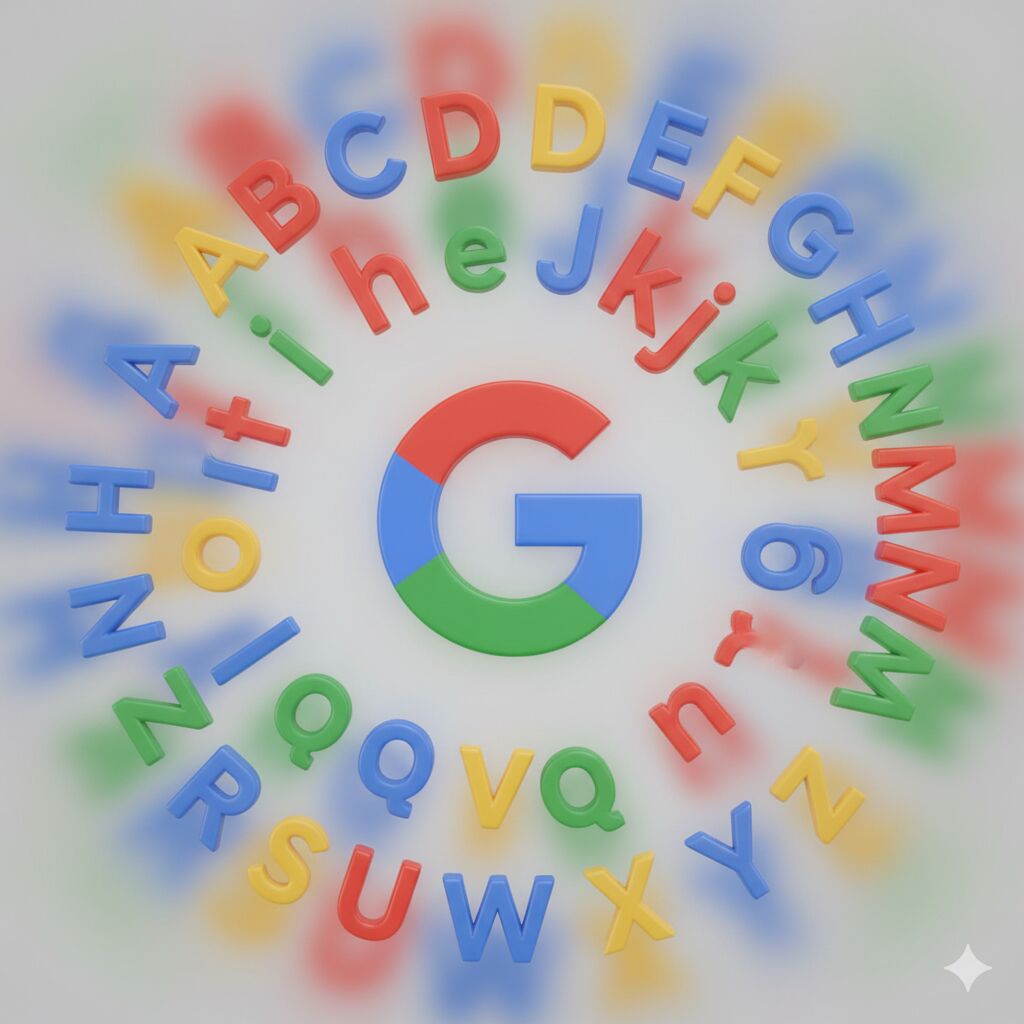
"Once the U.S. District Court ruled that Google didn't have to sell its browser, it was only a matter of time before Gemini landed in Chrome. No one thought it would happen this fast...but here we are, just 16 days later, Gemini is in Chrome. Boom! The timing? Right before Q4, feels a lot like "we did it in 2025" box-ticking, but hey, what's done is done."
"For Google, the AI race is existential. Competitors, stakeholders, and politicians are breathing down its neck. The choice is binary: move forward or risk a Nokia/BlackBerry fate. Having already found itself in an AI pickle playing catch-up, Alphabet has no appetite for déjà vu. If cannibalising search or burning through cash is what it takes, so be it. In Google-land, AI is here, AI is everywhere: Chrome, Cloud, YouTube... you name it."
"The latest move, Gemini in Chrome, was hardly a first-mover move. Microsoft strapped Copilot onto Edge months ago, and anyone could already open ChatGPT in Chrome. In fact, ChatGPT now commands 3-8% of Google's daily search volume. Doesn't sound much but that's roughly the size of Bing. Does that mean Google's claim in its search trial was right, that AI has ended its monopoly? Not so fast. After 25 years as the undefeated emperor of search,"
U.S. District Court ruled Google did not have to sell its browser. Sixteen days later, Gemini was integrated into Chrome, timed just before Q4. The integration prompted mixed reactions: outrage over the court ruling alongside enthusiastic praise for the Google/Gemini pairing and claims that an "agentic web" has arrived. Alphabet treats AI as existential and appears willing to cannibalize search or spend heavily to maintain leadership. Gemini in Chrome was not first to market; Microsoft added Copilot to Edge earlier, and ChatGPT already captures roughly 3–8% of daily search volume, a share comparable to Bing. The question of search dominance remains unresolved.
Read at Exchangewire
Unable to calculate read time
Collection
[
|
...
]